If You Notice These 11 Things In Your Parents' House, They're Lonelier Than They Want You To Know
If you've spotted these little things at your parents' place, it might be time to check in more often.
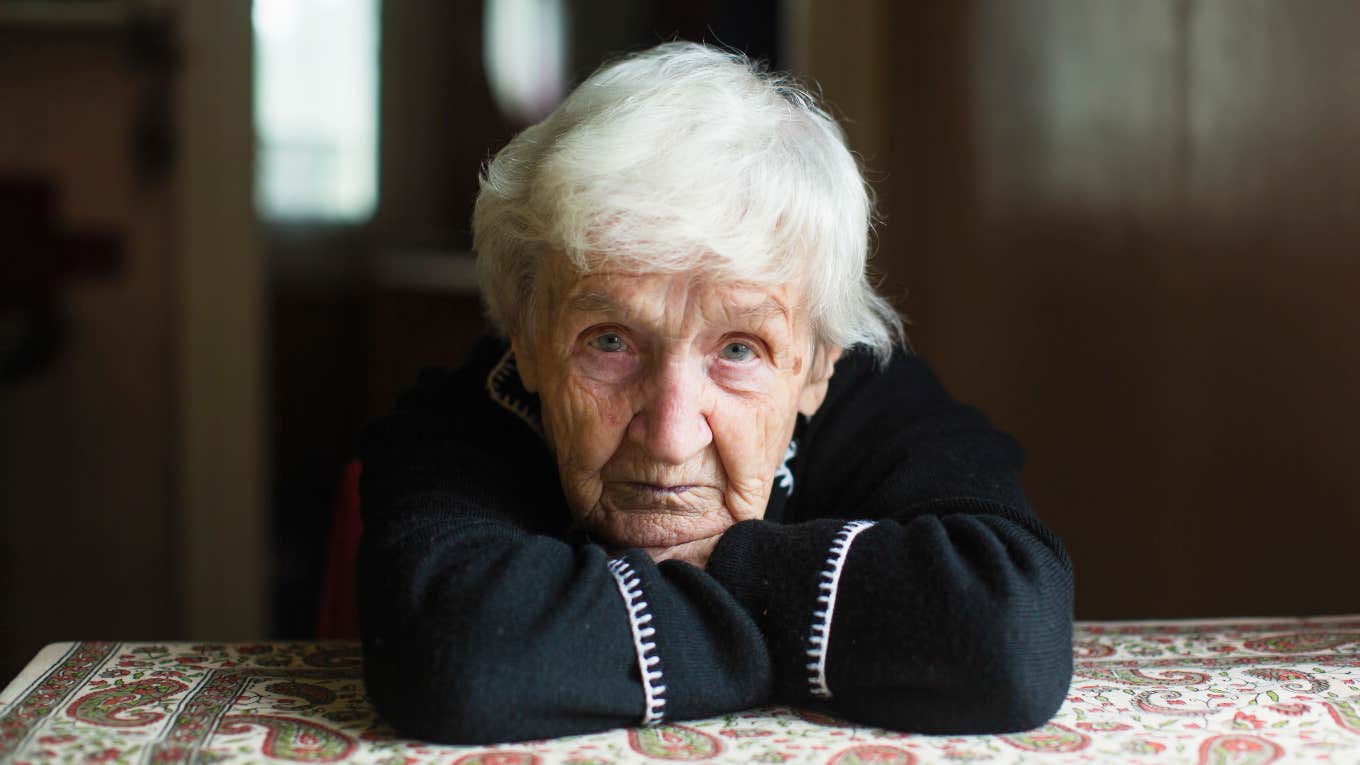 De Visu | Shutterstock
De Visu | Shutterstock Many older adults tend to struggle with social isolation and feelings of loneliness as they get older, separated from their families, struggling to connect with their friends, and facing physical obstacles to making a community outside their home. Even if they try to protect their adult children and family members from being worried, if you notice certain things in your parents’ house, they’re lonelier than they want you to know.
From clearly unused guest rooms to background sounds from every TV in the house, sometimes subtle details are more telling of an adult’s social life and mental well-being than they seem.
If you notice these 11 things in your parents' house, they’re lonelier than they want you to know:
1. The TV is always on in the background
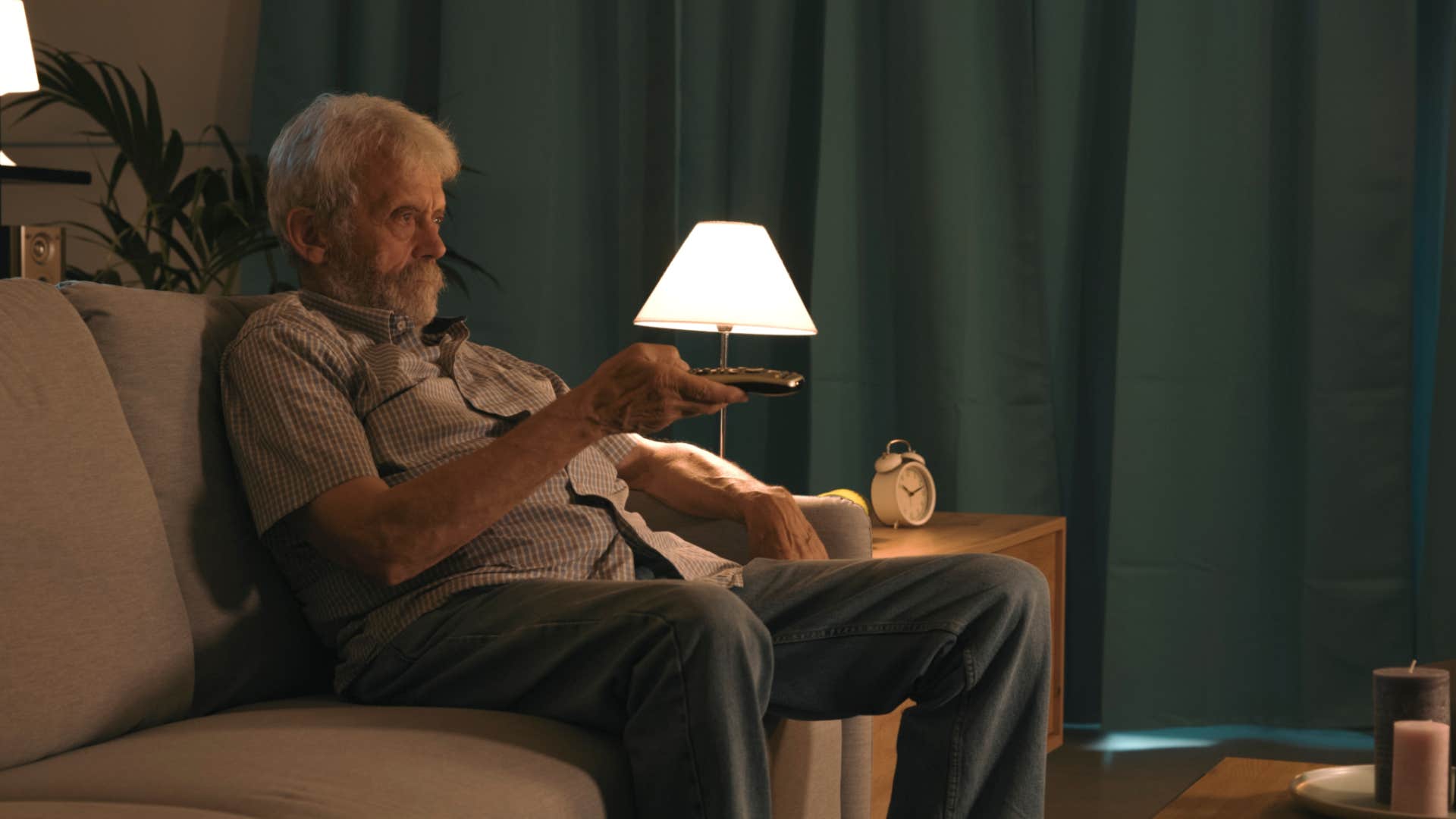 Stokkete | Shutterstock
Stokkete | Shutterstock
Watching TV and having background noise from devices is a common coping mechanism for loneliness, according to a study from The Gerontologist, especially for older adults. So, if you visit your parents and notice they have screens in every room or something always playing on the TV, chances are they’re lonelier and more isolated than they want you to know.
Ironically, active screen-time – watching TV directly or engaging with people online – is often associated with better cognitive outcomes for older adults, from memory to focus, while inactive ones, like having the TV on in the background, generally worsen cognition and well-being.
2. Family photos cover every wall and table
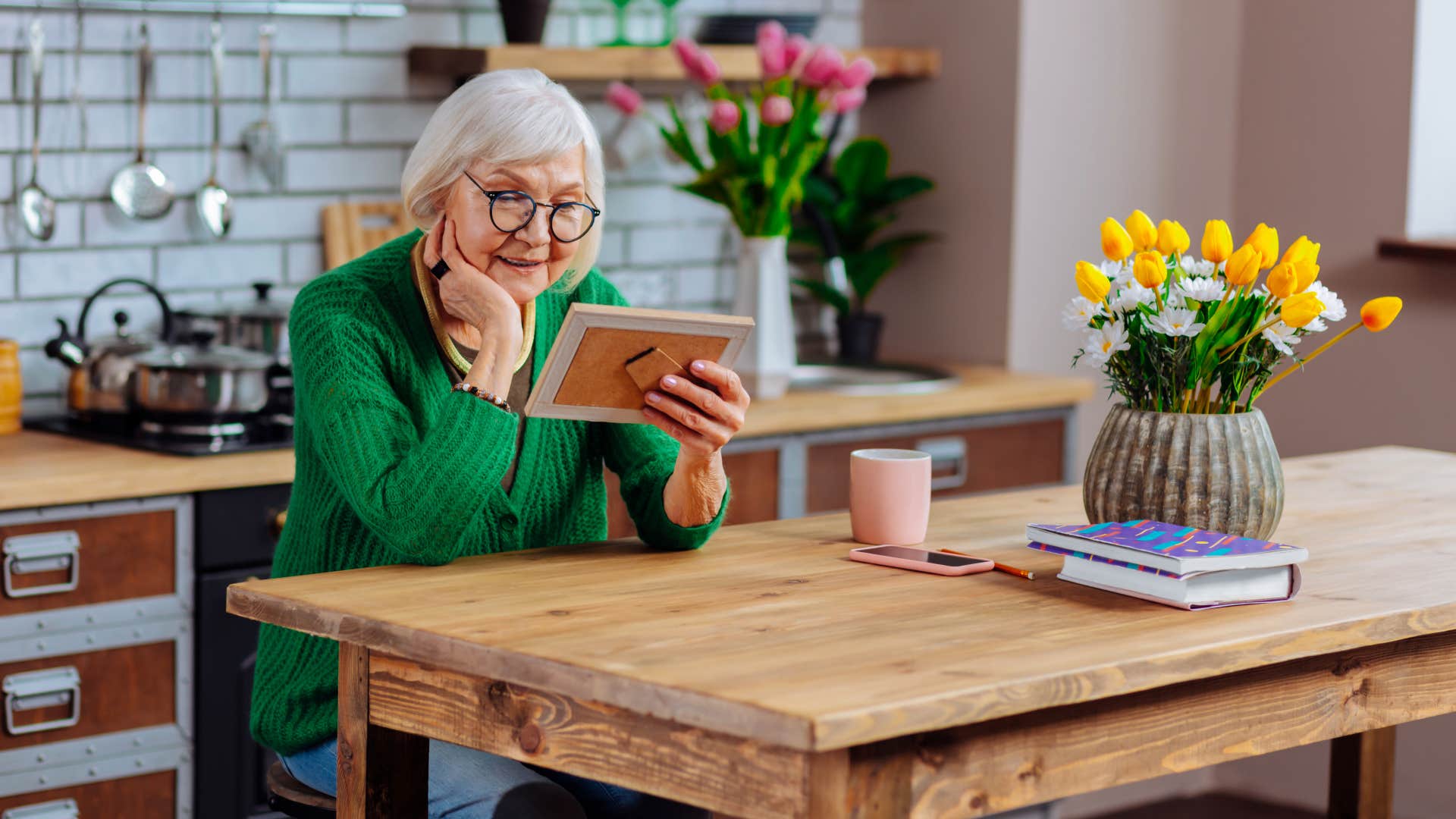 Dmytro Zinkevych | Shutterstock
Dmytro Zinkevych | Shutterstock
If you notice tons of family photos scattered around your parents’ house, they may be lonelier than they want you to know. Of course, family photos displayed in someone’s living space tend to boost mental health, emotional security, and sociality on their own, according to mental health counselor Jaclyn Gulotta.
However, when they’re used to cope with isolation or to make people feel closer to family who aren’t often around, they can become a driver of nostalgic depression – urging people to feel more lonely and isolated when they notice these small pieces of decor.
3. They leave treats or gifts for delivery people
 metamorworks | Shutterstock
metamorworks | Shutterstock
If your parent is feeling lonely at home, only ever interacting with service workers like the mailman or delivery people on their front porch, chances are they’re holding those relationships and interactions closely. They start to lean into the interaction and keep them around for longer for the sake of conversation, sometimes even leaving gifts and treats for them when they’re not around.
So, if you notice these things in your parents’ house, they’re likely lonelier than they want you to know.
4. The guest room looks untouched
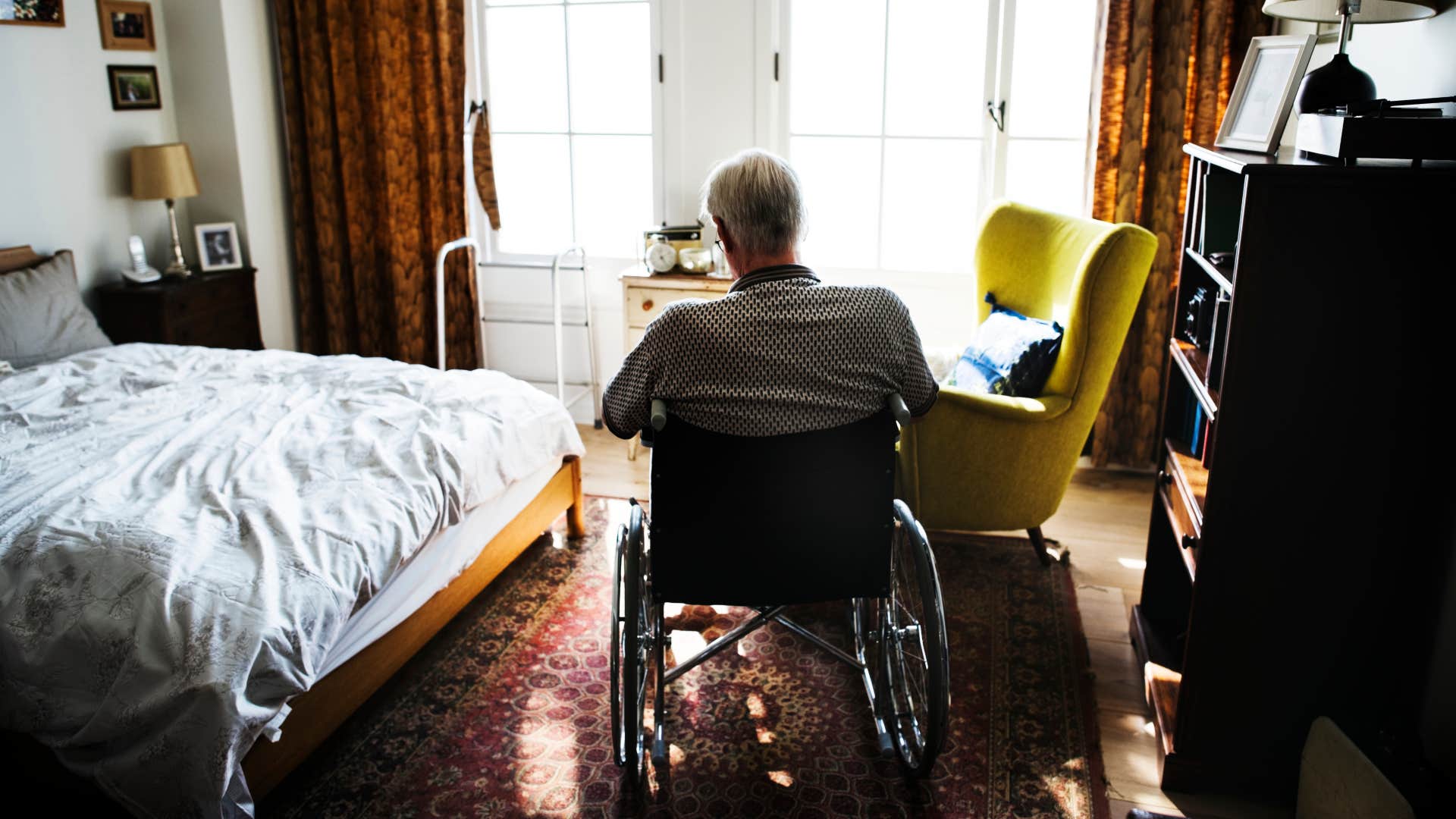 Rawpixel.com | Shutterstock
Rawpixel.com | Shutterstock
If an older parent isn’t spending a lot of time with their adult kids or having regular connections with people in their social circle, chances are their guest room is collecting dust. So, even if your parents are reassuring about their visitors and dismissive about your concerns of loneliness, if their guest room is regularly unused, chances are they’re lonelier than they want you to believe.
According to a study from the Psychological Science journal, there are many risk factors for loneliness later in life, but many aging individuals are at a higher risk for feeling isolated the older they get. So, the more social interaction they can intentionally integrate into their lives, the better.
5. Lights are left on all over the house
 Roman Chazov | Shutterstock
Roman Chazov | Shutterstock
Leaving the lights on at home can often protect a sense of warmth, security, and comfort for the people living there, especially if they’re alone or feeling lonely in their living space. Although it might seem initially wasteful or financially irresponsible from the outside, if you notice these things in a parent’s home, they could be lonelier than they want you to know.
It could also be a reminder to check in more often – even simple text messages and check-in calls can be powerful within a parent-child relationship later in life to mediate loneliness.
6. Furniture is all aimed at the TV
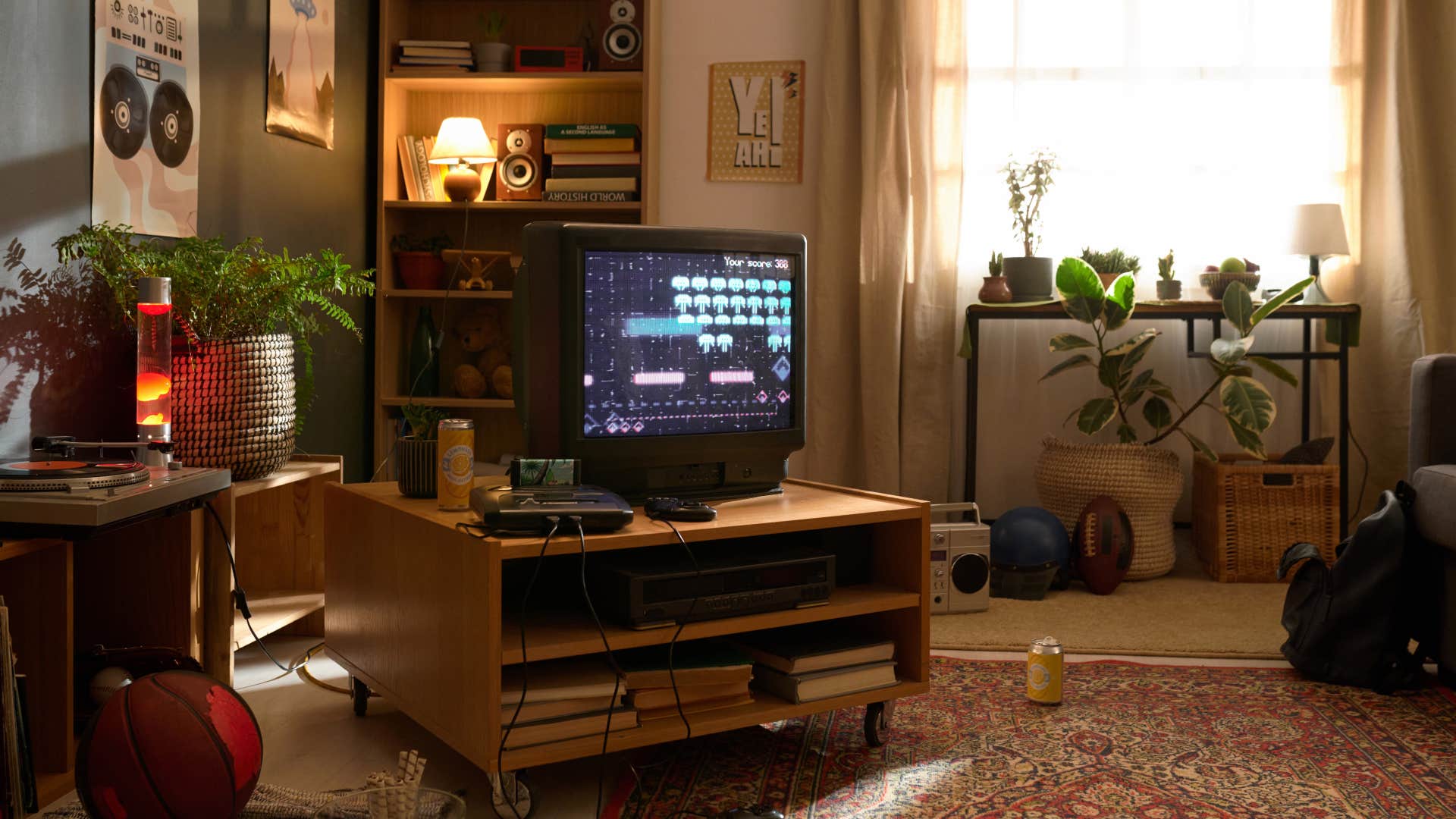 Pressmaster | Shutterstock
Pressmaster | Shutterstock
If furniture in your parents' home is non-intuitive – placed in direct eyesight of the TV, rather than comfortable for conversation – that could be one of the signs that they’re lonelier than they seem. If they’re not having visitors or hosting friends at their house, their furnishings and decor may subtly shift toward practical over time.
If the TV is the centerpiece of their shared spaces and their main form of entertainment throughout the day, it’s not surprising that their furniture placement and set-up reflect that.
7. Greeting cards are displayed long after the occasion
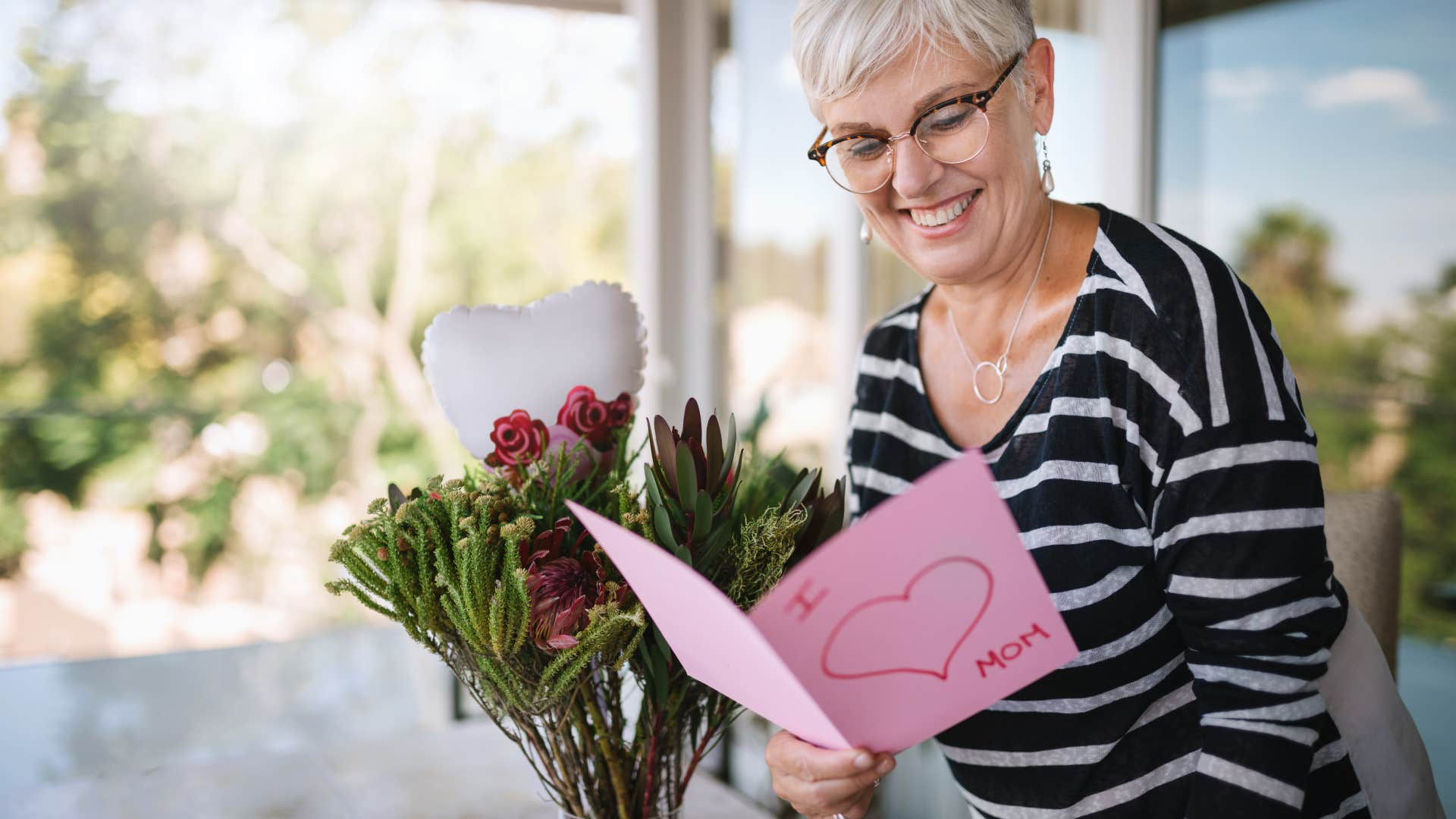 Jono Erasmus | Shutterstock
Jono Erasmus | Shutterstock
If a parent has greeting cards displayed all over their home, that could be a sign that they’re lonelier than they want you to know. When we receive greeting cards, psychology experts suggest that they make us feel more valued and seen – and may still hold that value, even after they’re opened and read.
Whether it’s from an adult child, a friend, or a family member, they appreciate the subtle connection and nostalgia these kinds of cards bring, especially if they’re not visiting with or talking to many people in their everyday lives.
8. Calendars are everywhere
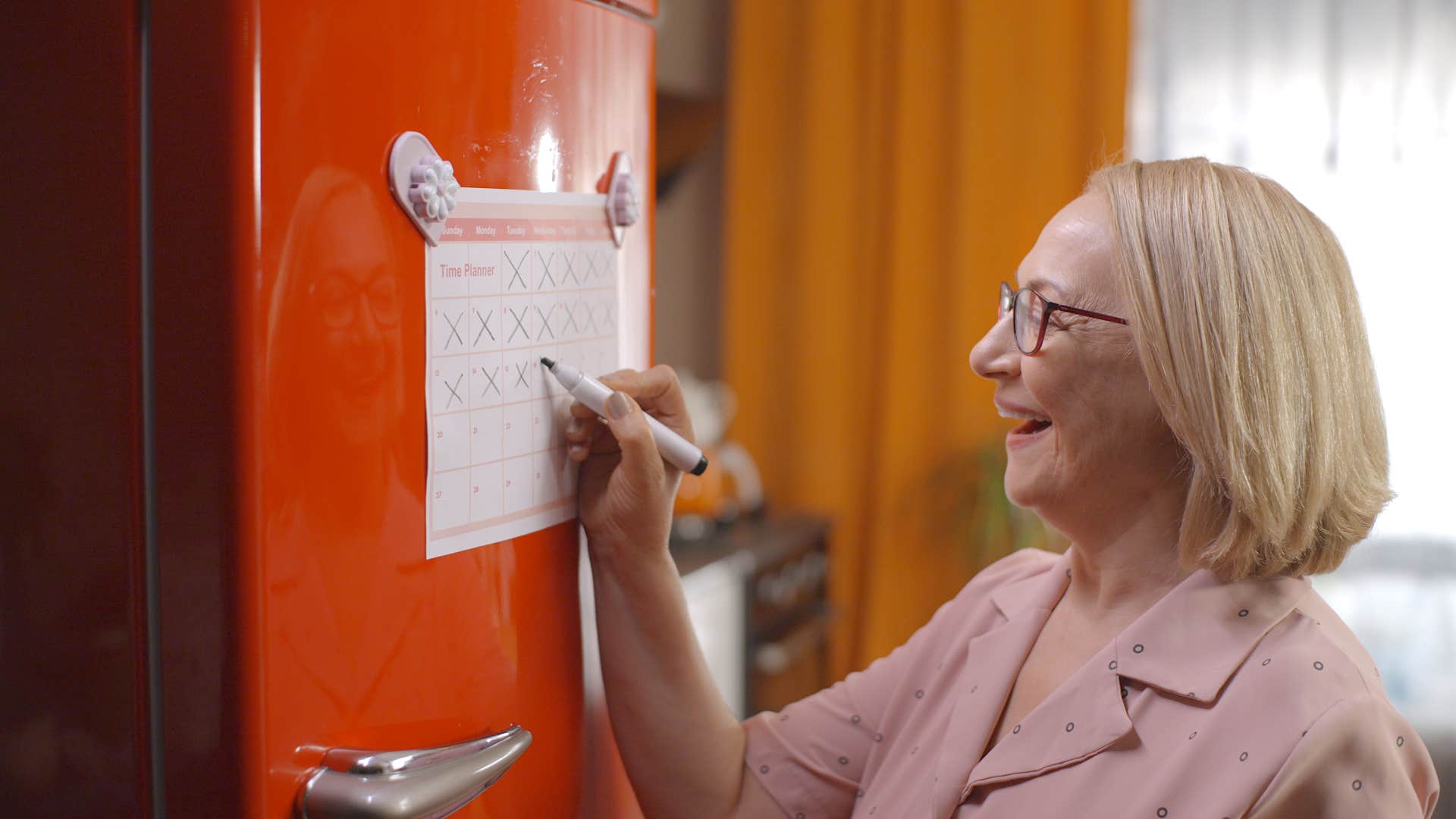 Red Stock | Shutterstock
Red Stock | Shutterstock
A lonely person, especially later in life, may have multiple calendars in their home – filled with things like birthdays, social events, and reminders. They’re not only a cognitive support for keeping track of what’s going on in their lives, but they’re also motivating – giving people something to look forward to or reminders to interact with someone when they’re feeling lonely.
Even if it’s several months in advance, they’ll have it written down on the calendar. That’s why they never miss an opportunity to talk on the phone for your birthday – they’ve been waiting for it and anticipating the moment of connection for weeks.
9. Their pet is their closest companion
 Budimir Jevtic | Shutterstock
Budimir Jevtic | Shutterstock
According to a study from the BMC Geriatrics journal, owning a pet sometimes helps aging adults cope with feelings of loneliness and isolation, but it isn’t an “end-all be-all” solution in the face of a lack of social connection. So, if you see a loved pet in your parents' home, who they not only spend all their time with, but often use for emotional support and connection, they could be lonelier than they want you to know.
Like community events, unexpected phone calls or conversations, and active habits, owning a pet can be a subtly positive intervention for addressing loneliness in older adults, but it’s not a cure.
10. They won't let go of their landline
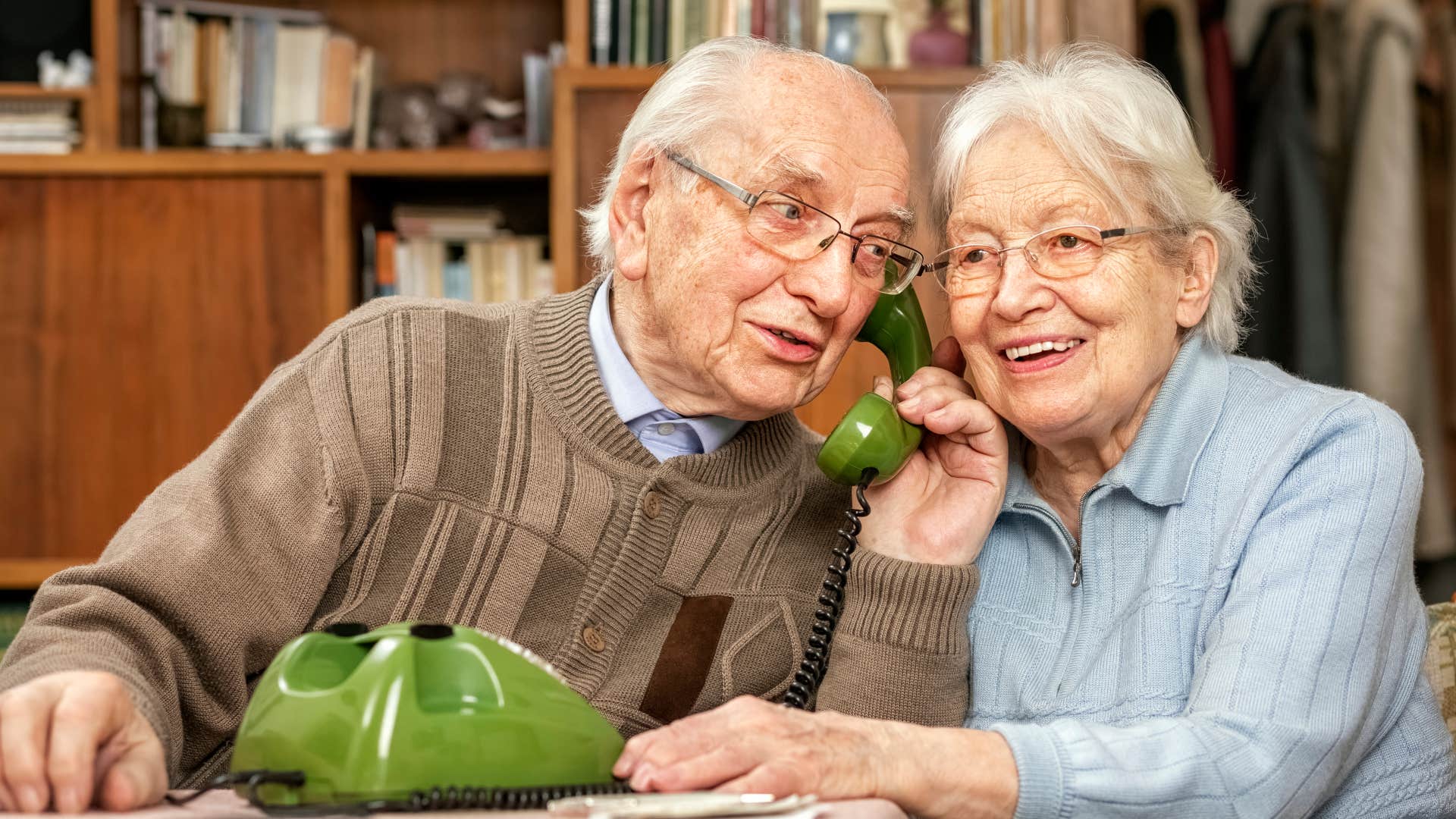 Ingo Bartussek | Shutterstock
Ingo Bartussek | Shutterstock
If your parents refuse to get rid of their landline phone, afraid that they’ll lose touch with their friends or people calling them on the phone regularly, chances are they’re probably more lonely than they want you to know.
Many older generations appreciate phone calls and have grown attached to the intentionality of a landline phone, but it can sometimes also be a sign of connection – the only interaction or conversation they’re having during the entire day.
11. The couch is always perfectly fluffed
 Inside Creative House | Shutterstock
Inside Creative House | Shutterstock
When you go to your parents' house and there’s always a perfectly fluffed couch, that could be a sign that they’re not getting many visitors. Even if they’re always trying to reassure you that “everything is fine” and they’re “super busy,” chances are they’re protecting you from feeling guilty.
Even though many of these things could be harmless and innocent – a sign of someone who prepares diligently when people come over – they’re also sometimes signs of isolation and loneliness.
Zayda Slabbekoorn is a senior editorial strategist with a bachelor’s degree in social relations & policy and gender studies who focuses on psychology, relationships, self-help, and human interest stories.

